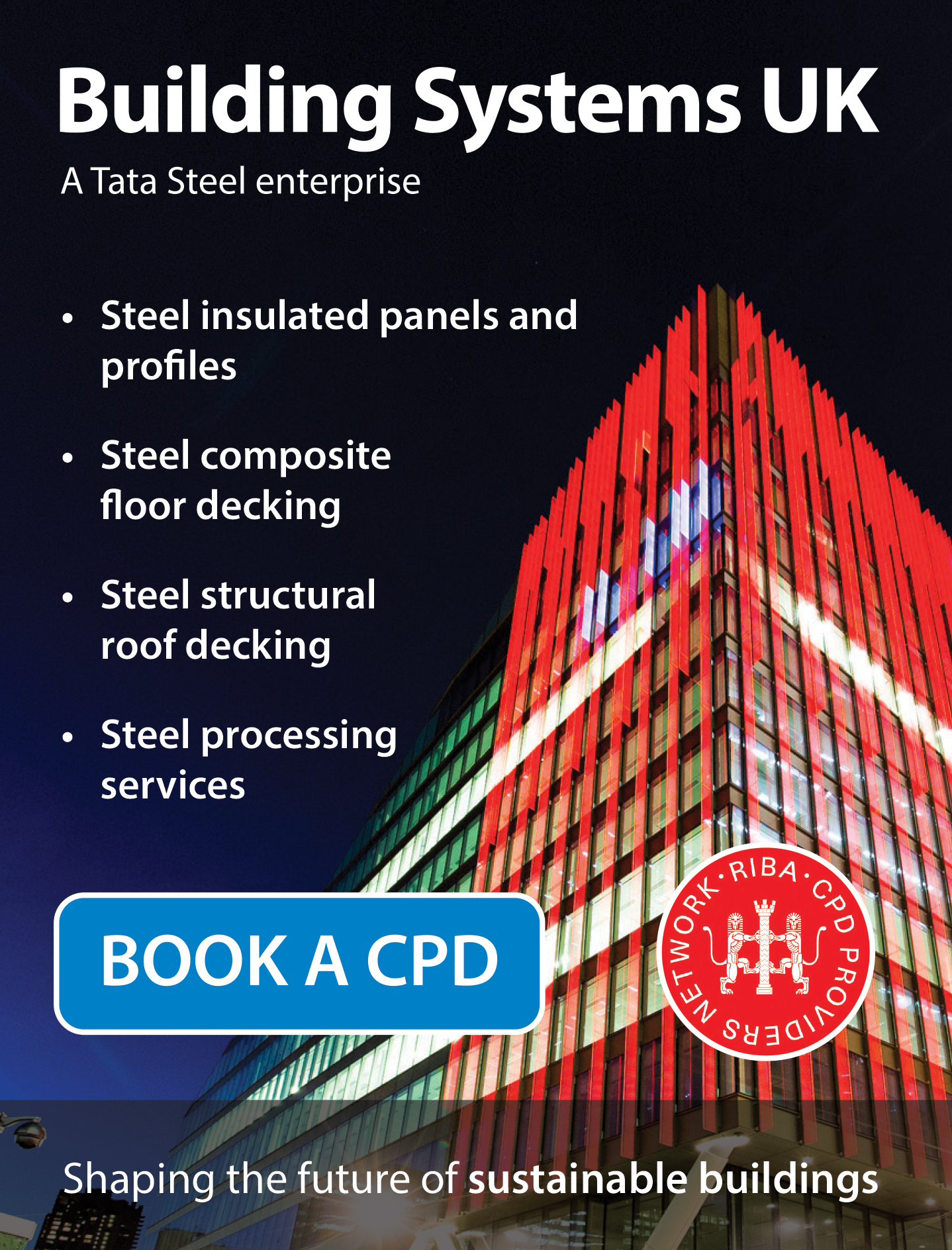Buying property is an expensive business, whether you are looking for a family home or BTL investment. In addition to the purchase price, there’s stamp duty, legal fees, search fees, mortgage arrangement fees, valuation fees, surveyors’ fees and more. Not surprisingly, many would-be landlords looking to minimise expenditure are choosing not to bother with a property survey. Is this a risk worth taking? Let’s take a closer look.
Buying a rental property
First off, there is a big difference between buying a home for yourself and a property for letting purposes. With the latter, you’re not looking for your dream home, you’re looking for a property that will generate the most profit. And this has a material effect on your purchase criteria.
What’s your target market? Your preferred tenant type will have a bearing on what and where you choose to purchase. No point trying to attract students to cheap accommodation that’s nowhere near a university. Young professionals may have more money to spend on a better quality property, but they will also be looking for good commuting options and a choice of local bars and restaurants.
Another major consideration is the potential for renovation. You could buy a cheaper property that is in need of updating, but unless you do actually refurbish it you are unlikely to attract quality tenants, which in turn will affect the rental income you can expect to achieve. On the other hand, renovation work takes time, meaning no rental income until the property has been done up.
What about the survey?
Mortgage companies are likely to insist on a valuation, which you may well have to pay for even though the assessment is entirely for the lender’s benefit. It’s worth emphasising that a mortgage valuation is not the same as a property survey, and often site visits are no more than quick tick-box exercises.
Of course, there’s no legal requirement for any buyer to have a professional property survey carried out, but we would always recommend that you do so in order to help protect your investment. Here’s why:
- A professional property survey report will give you the facts about the building’s condition, so you know exactly what you’re buying. It could be that the property has structural problems, which you might not have any advance warning of in the absence of a survey.
- Armed with clear information about the building you are thinking of buying, you can make an informed decision about whether the property purchase is financially viable and whether/how to proceed.
- Use the survey findings as a basis for renegotiation, especially if serious issues are highlighted that may be expensive to remedy. Once contracts are exchanged, any problems become your responsibility, so now is your chance to get the best deal.
- If you are buying at auction, commissioning a full building survey should be non-negotiable. That way, you can factor the repair costs into the maximum price you are willing to pay.
- Finally, the findings also provide an indication of how long renovation works are likely to take. This can then be built into your financial plans, which is particularly important if you have mortgage payments to make while the property is unlet.
Which survey to choose?
The right survey for your BTL investment largely depends on the age and condition of the property. The Royal Institution of Chartered Surveyors (RICS) endorses three levels of home survey: the basic RICS Condition Report, mid-range RICS HomeBuyer Report and in-depth RICS Building Survey. There’s a handy comparison chart you can download here.
For new or nearly new properties that are in excellent condition, a Condition Report should be adequate. This will give you a simple overview of the condition of the property and highlight urgent problems. A HomeBuyer Report is suitable for most modern properties that are in reasonable condition. It is detailed enough to flag up any serious issues including structural defects such as subsidence or damp, and gives a good general overview of the building’s state of repair. Some HomeBuyer Reports include an independent property valuation and a reinstatement figure, which can be hugely helpful for your financial planning.
Older, larger or poorly maintained properties should always be investigated by way of a Building Survey, formerly known as a full structural survey. This is the most comprehensive property investigation available, with detailed advice given by a qualified Chartered Surveyor on any issues found including recommendation and costings for repairs that are likely to be needed.





